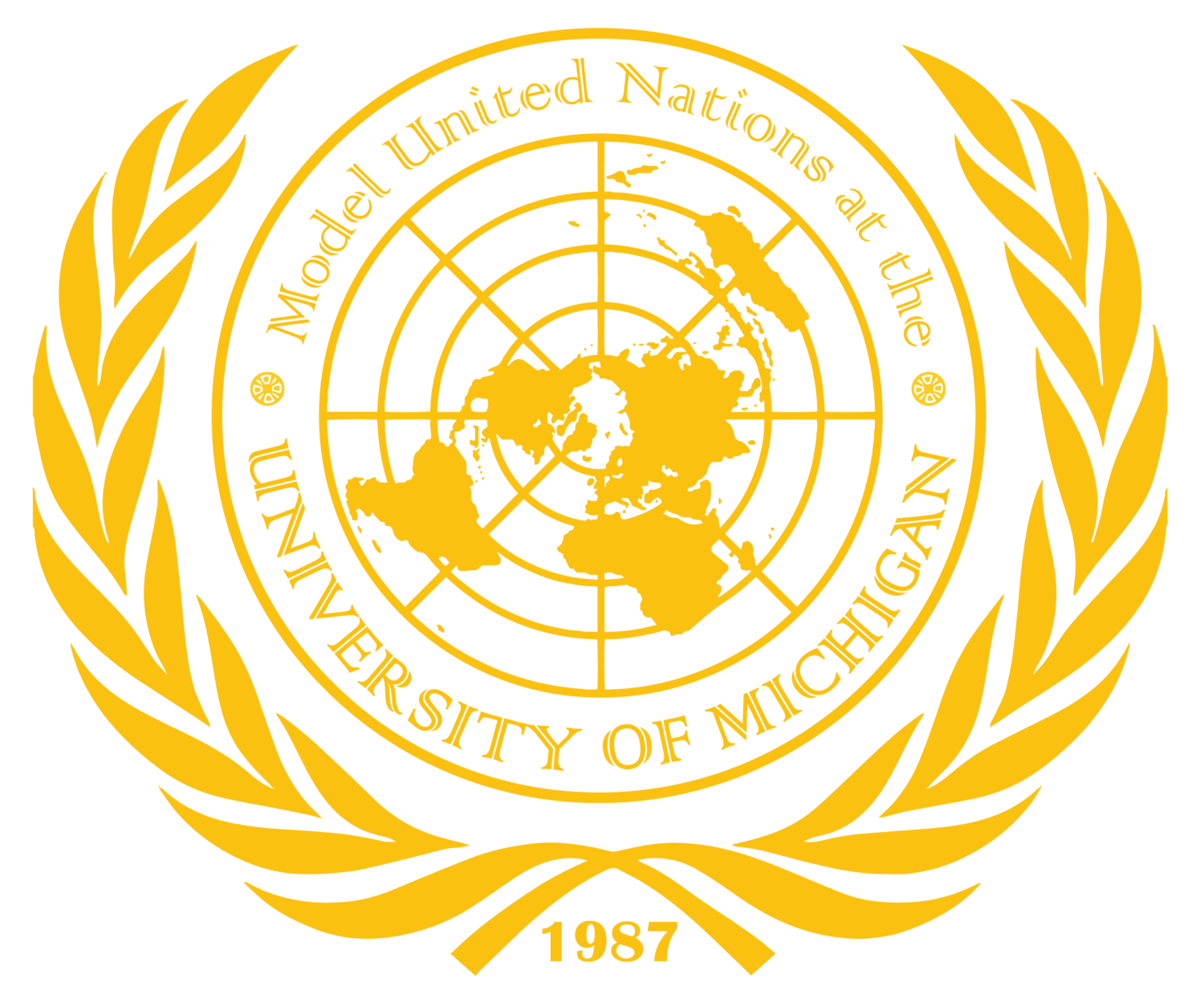By: Sönke Pietsch
After extensively deliberating communicable diseases and organ transplants, it seems as if the delegates have yet another problem on their hands, that wasn’t even mentioned on the MUNUM background guide: “brain deadness”. Luckily, a handful of delegates as well as chairs have jumped right into action to aid their fellow representatives.
First to the rescue were two members of the dais - with the performance of a second hand show of Jedis fighting, a spinoff that had the whole committee laughing. After this spectacular spectacle, the delegates from Canada and Hungary blessed the committee with an interesting version of High School Musical’s “Breaking Free”, even reacting the opening scene. Not to go unnoticed, the delegate of Jamaica strolled to the front of his room to present to an alternative version of the Gettysburg Address.
Not to go unchallenged, the delegates from Israel, Canada and Hungary quickly followed suit and introduced a resolution to change the Kazakhstan’s name to “Quackastan”. The reason you ask? Kazakhstan is too hard to pronounce. Having made this institutional change, the delegates from Australia, Russia and Vietnam felt a rising sense of jealousy and turned in their version of a “working paper”. In line with what this committee has turned into, they suggested that delegate of Australia become a member of the dias only to “just sit there”.
With the number of chairs greater by one, the new team decided to round out the session by performing a spectacular version of Bohemian Rhapsody. Matching in pitch and intonation, it can clearly be said that these chairs knew what they were doing, at least when it came to singing. The fate of their other responsibilities is yet to be decided.
